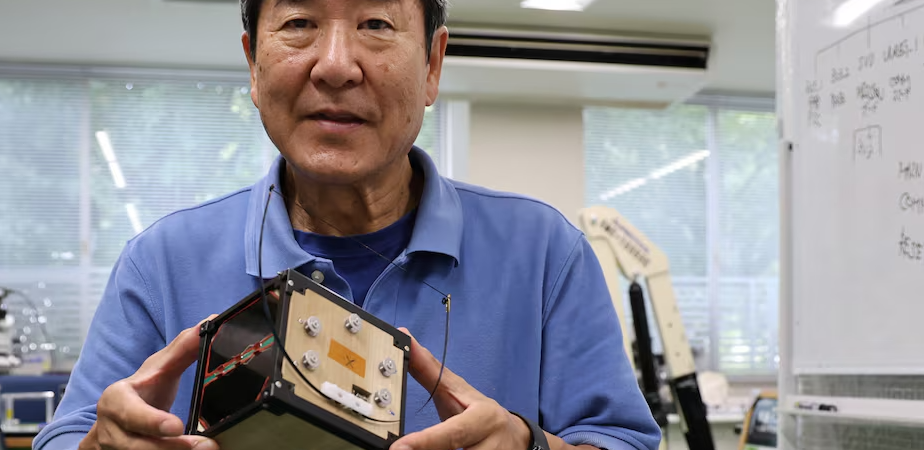With Space being such an inhospitable environment, using machined metals such as aluminum has been critical to advancement so far. However, what if some of these materials could be replaced with a more sustainable and eco-friendly alternative? That is precisely what researchers in Japan (at Kyoto University) are attempting to do with the LingoSat, a CubeSat that will orbit at ~400km for 6 months to test this concept. If proven, the researchers believe it could also be used as a building material on the Moon and Mars.
While the possibilities of wooden buses for CubeSats are intriguing, it could also lead to several cybersecurity concerns. First, due to an even shorter lifespan, there is an increase in other commercially available internal components that are meant for terrestrial use and have known attack paths. For example, an Android OS could be repurposed for the needs of a CubeSat TT&C and/or payload support that could introduce a serious reduction in cost while massively increasing the ease of attack paths. Additionally, construction techniques similar to LingoSat could lead to internal system failures. An actor attempting to hack the orbital asset (and causing a non-construction-related failure) could lead to events being written off that would otherwise allow for investigation.
At the end of the day, Kyoto University is still doing an incredible test.
Article: World’s first wooden satellite, developed in Japan, heads to space | Reuters
